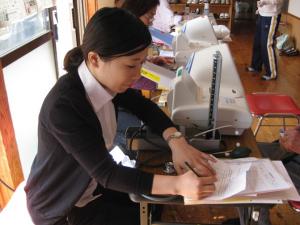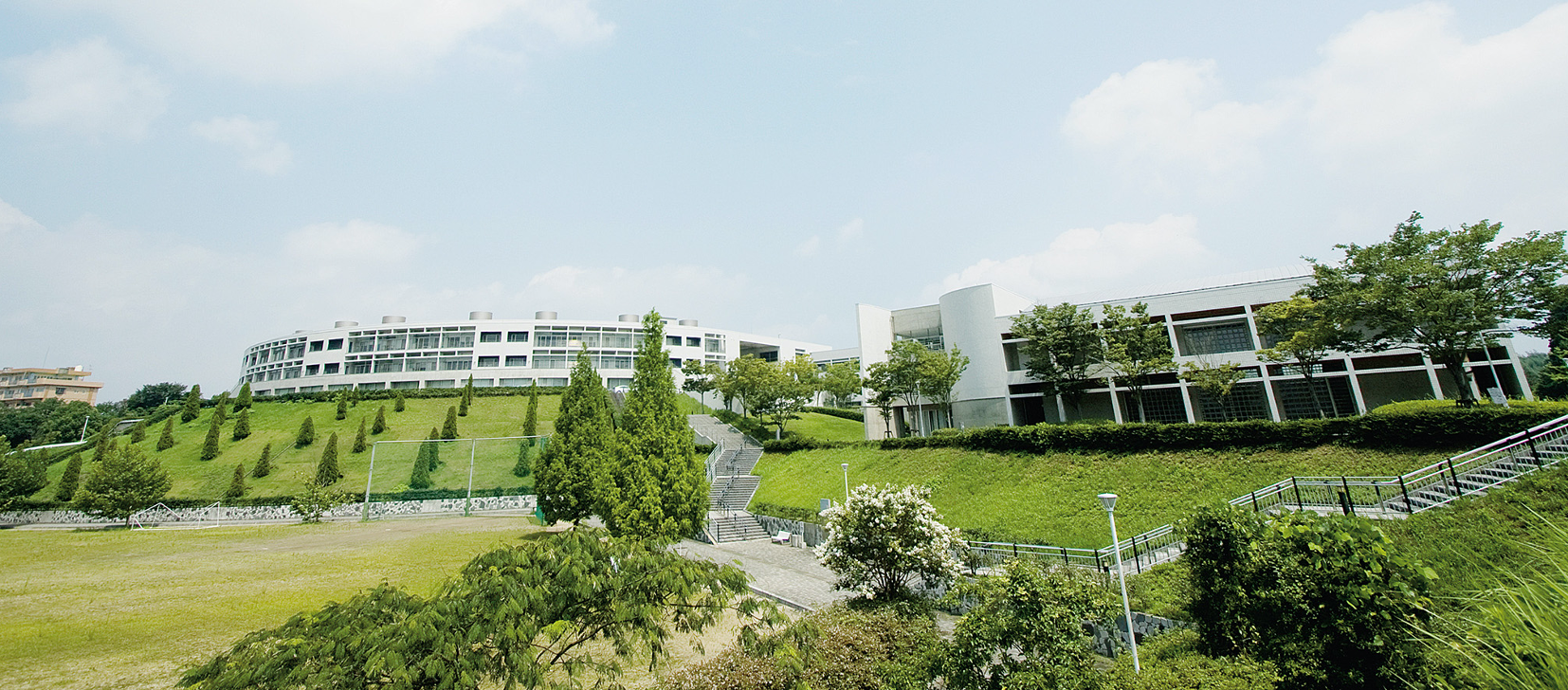The Public Health Nurse Master’s Course
The Public Health Nurse Master’s Course
Course Characteristics
Japan is a rapidly aging society with a declining birthrate and a shortage of physicians. Our public health nurses (PHNs) have been educated in one-year courses, but this training term is insufficient to address these societal issues.
OUNHS established the first two-year PHN Master’s course in Japan. Our course has an increased curriculum and more practicums so students acquire the practical skills and leadership ability necessary to address our current societal challenges.
We are supporting community health prevention efforts by producing autonomous PHNs with advanced practical, diagnostic and decision-making skills. Our PHN course graduates have the following seven essential competencies:
1) comprehensive assessment skills of individual and family health to extract and share data on actual and potential health issues
2) support skills to improve individual and family self-care ability and QOL
3) management skills and leadership ability to improve community health and wellness
4) practical skills to develop and use health and welfare systems and social capital in local communities
5) accurate assessment skills of community issues to formulate and implement health policies
6) research skills to assess the overall community health level and promote public health
7) ethical decision-making skills
Course Curriculum
Our advanced health risk management, advanced disease prevention and advanced drug management lectures are integrated with clinical practice and skills training. Students develop solid evidence-based practical skills during three clinical practicums.
In the community life support practicum students regularly visit a target population to provide health guidance to individuals and families.
In the community management practicum students identify issues through a regional diagnosis and solve challenges with stakeholders and other professions and organizations.
In the public health field work practicum students assess, improve and create to ensure continuity of care and fairness in resource allocation.
After Graduation and Licensure
Graduates receive a nursing science master's degree and can sit for the national PHN examination.
Our graduates are health policy leaders in cities, prefectures and the national government. They work in companies, schools, health insurance associations, occupational health management centers, hospitals and clinics. Many of them also become researchers in institutes and university faculty.


